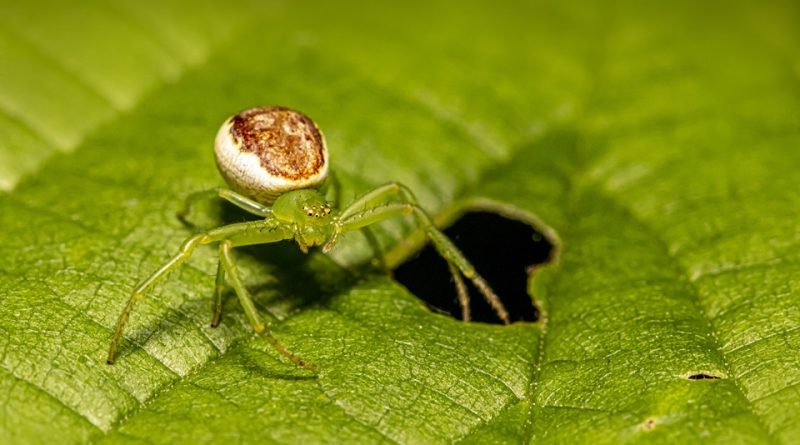Ecological role of spiders
Ecological role of spiders
The araneids (Araneae Clerck, 1757) are an order of Arachnids, divided into 129 families, with a total of 49,720 species, which are commonly called spiders.
Spiders are terrestrial arthropods equipped with chelicerae and have a body divided into two segments, cephalothorax and opisthosoma, and eight legs. The two segments are joined by a small cylindrical pedicel. As in all arthropods, the coelom (cavity in the mesoderm for the transport of fluids), despite being very small, allows the passage of hemolymph which oxygenates and nourishes the tissues and removes waste products. The intestine is so narrow that spiders cannot eat any lump of solid material, no matter how small, and are forced to make the internal parts of their prey liquid with various digestive enzymes and then suck them and feed on them.
With the exception of the most primitive suborder, the Mesothelae, spiders have the most centralized nervous system of all arthropods and, like these, have the cephalic ganglia fused into a single mass within the cephalothorax. Unlike most arthropods, spiders do not have extensor muscles in their body; the movements of the legs and body are obtained through pressure variations in their hydraulic system. In the terminal part of the abdomen there are spinnerets that extrude silk, used to wrap prey and build spider webs.
Ecology –
Spiders play an essential role in the ecosystem. They contribute to the control of insect populations, helping to maintain ecological balance. Without them, the number of insects would be much higher, with potential negative consequences for agriculture and human health.
Spiders therefore prevent the proliferation of parasites that infest crops. Important applications also have their poison and their canvas.
If, in fact, spiders disappeared, we would face starvation as spiders are the main controllers of insects. Without spiders all our crops would be consumed by pests. The scenario that would emerge if spiders no longer existed is not yet clear, however their importance for agriculture is undeniable. Together with other predators, spiders represent very important organisms for limiting parasites that infest crops. The importance of spiders is particularly significant in organic farming which relies heavily on natural pest control.
The conservation of these strange creatures, equipped with eight legs and capable of weaving architectural wonders with their web, is important for reasons that go beyond crop protection. For example, the numerous possibilities offered by their incredible poisons. Spider venom contains hundreds, or even thousands, of different chemical compounds. We know they exist, but we don’t yet know if they could be useful for humans. Various centers and faculties are testing these poisons to provide answers. The venom of scorpions, which belong to the same animal class as spiders, the arachnids, could even help identify brain tumors.
In addition to the chemicals in their venom, the webs could also have important applications. Spider silk, proportionately, is much stronger than steel. Discovering its composition could one day allow it to be used to build airplanes, bulletproof vests, surgical wires and prosthetics. Scientists have identified almost 45 thousand different spider species and at best that is only half of those that actually exist. When we lose a spider species, we may lose a compound that may have cured epilepsy. We may lose a silk that may have produced a strong, lightweight material.
Unfortunately, the main threats to the survival of spiders are the loss and fragmentation of the habitat, the populations become increasingly smaller, exposing themselves more to threats and the risk of disappearing forever. Arachnids have inhabited the planet long before us, they were the first animals to colonize the emerged lands. If their ancient origins are not enough to protect them, let’s at least do it for ourselves.

